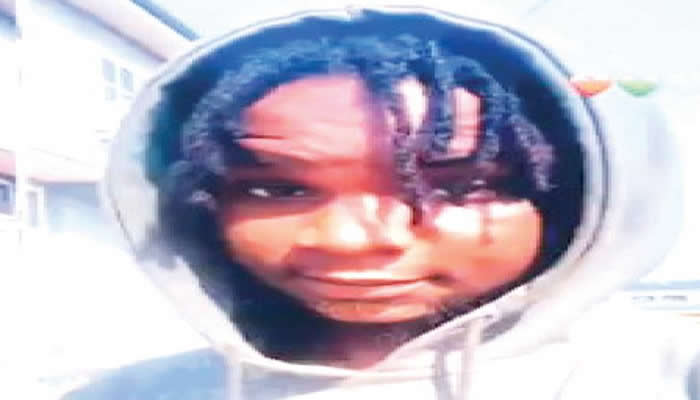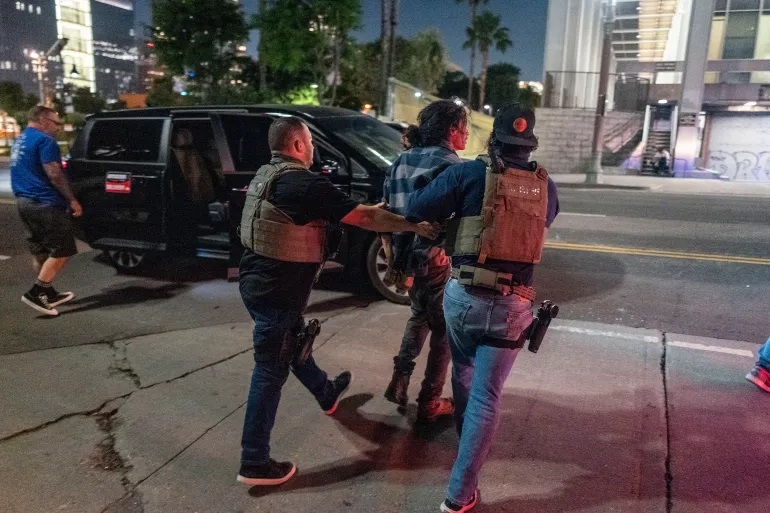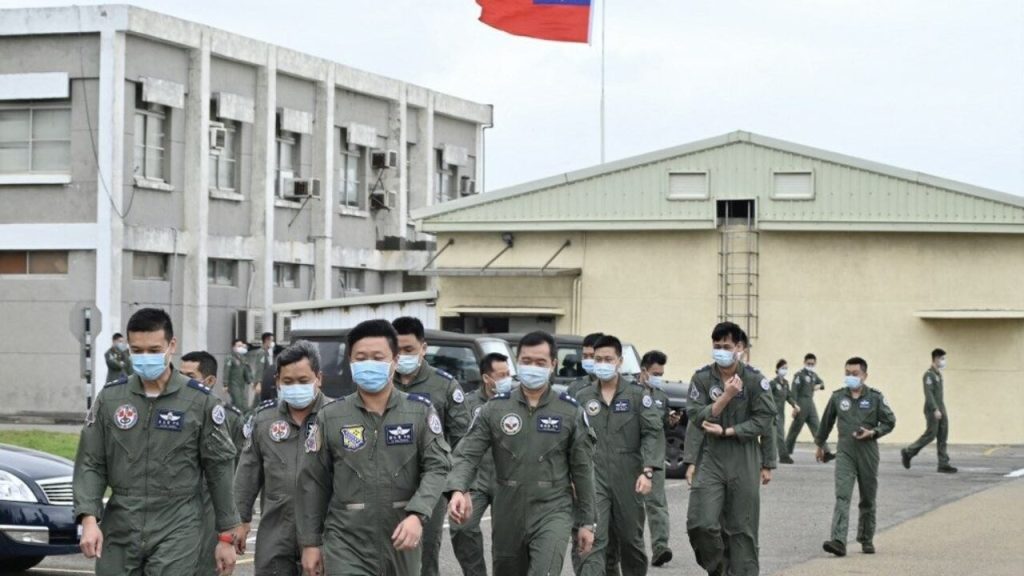Security
Kogi Central’s sit-at-home sparks concerns
DDM News

A new form of sit-at-home restriction is currently enforced in Kogi Central, with increasing concern from citizens and observers.
Diaspora Digital Media (DDM) can confirm that this version differs significantly from the well-known Monday lockdowns in Nigeria’s Southeast.
In the Eastern part of Nigeria, sit-at-home orders were originally initiated as a protest.
The orders were meant to show solidarity with detained IPOB leader, Nnamdi Kanu.
These actions, although controversial, were rooted in agitation for freedom of Biafran nation.
However, in Kogi Central, the enforced restriction is cultural.
Locals are compelled to remain indoors for twelve days during the “Eche Ane” cultural festival.
The sit-at-home lasts three days in Ihima and nine days in Okene, Adavi, and Eika.
Victims of disobedience in Kogi Central report being beaten, injured, and even left with broken heads.
Critics say this form of violent cultural enforcement breaches the Nigerian Constitution.
Though freedom of culture and religion is protected, it cannot infringe on the rights of others.
The law provides for reasonable limitations when cultural practices become a threat to public safety.
In Kogi Central, critics argue that this tradition crosses that line.
Residents say the sit-at-home order promotes violence and suppresses human rights, especially for minorities.
The festival has reportedly caused immense suffering to the poor and marginalized communities.
Daily hawkers, who rely on street vending to survive, are among the most affected.
Schoolchildren and teachers without private transportation cannot attend school during the 12-day period.
Hospital workers and pregnant women needing antenatal care also face risks and denial of access.
Commercial motorcyclists and market women are trapped indoors without means to work or earn income.
These restrictions disproportionately affect the underprivileged, while the wealthy remain shielded.
Local elites, politicians, and traditional rulers have been accused of enabling this oppressive practice.
Observers say these leaders rarely face the consequences of the restrictions they endorse.
Most of them either live in urban areas or own personal vehicles, ensuring they are unaffected.
Residents complain that these privileged figures ignore the realities on the ground.
They also reportedly refuse to make public provisions, such as boreholes, for those who suffer.
Some elites maintain clean water access within gated compounds, while the poor fetch from distant sources.
The contrast between the privileged and the common people in Kogi Central is growing.
Citizens accuse leaders of hypocrisy and disregard for the well-being of their communities.
Even when complaints are made, victims are dismissed with casual phrases like “just stay indoors.”
Such responses have angered many, especially the youth and human rights advocates.
Critics argue that true cultural celebration should not come at the expense of others’ rights.
They say the current practice in Kogi Central is less about tradition and more about suppression.
The heavy-handed enforcement, using violence and fear, has sparked outrage.
Many compare the current ordeal to martial law imposed by traditional authorities.
Calls are growing for urgent government intervention to regulate cultural practices that infringe on rights.
Residents also demand accountability from community leaders and public officials.
Some argue that local councils should provide basic infrastructure to mitigate the impact of such events.
Community activists are urging the media to spotlight these human rights abuses.
They believe public awareness will pressure authorities to reform harmful customs.
Social media users in Kogi and beyond have joined the call for reform.
The conversation has turned into a larger debate about cultural evolution and human rights.
Civil rights organizations have also taken interest in the situation.
They plan to investigate and provide legal support for victims of cultural brutality.
Engr Ira Habib, writing from Kogi, described the situation as “oppression by tradition.”
He criticized the selective silence of elders and elites who support the practice.
Habib pointed out that many of the area’s crises have been driven by absentee elites.
These individuals, he claims, make harmful decisions from the comfort of Abuja or other cities.
The result is a growing divide between the rulers and the ruled.
While the poor face beatings and hardship, the wealthy enjoy comfort and immunity.
The cultural sit-at-home is no longer viewed as a harmless tradition.
It now represents a larger structural issue affecting social justice and equality.
Activists are calling on the state government to act immediately.
They suggest reviewing cultural practices to ensure they align with national laws and international norms.
Many believe that if nothing is done, the cycle of violence and oppression will only deepen.
Citizens demand a new approach that respects both culture and human rights.
They want an inclusive society where no tradition is used as a weapon against the vulnerable.
Until then, the people of Kogi Central remain trapped in fear during every cultural celebration.
And the silence of those in power continues to speak volumes.
For Diaspora Digital Media Updates click on Whatsapp, or Telegram. For eyewitness accounts/ reports/ articles, write to: citizenreports@diasporadigitalmedia.com. Follow us on X (Fomerly Twitter) or Facebook













